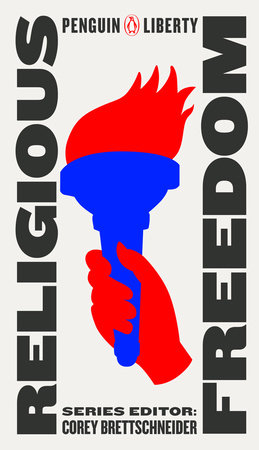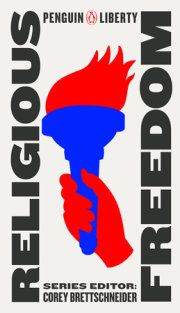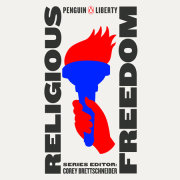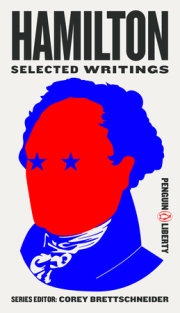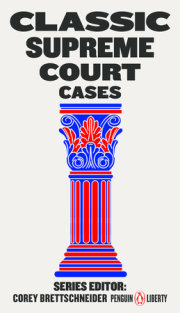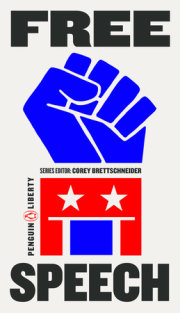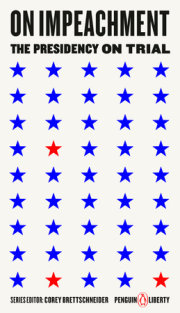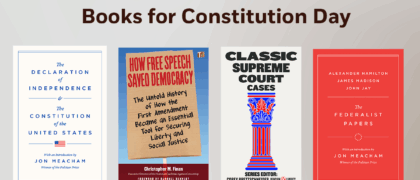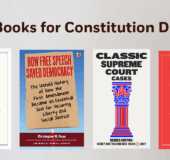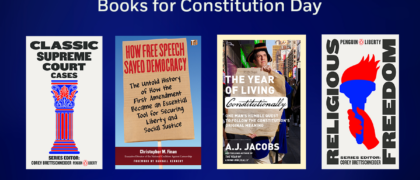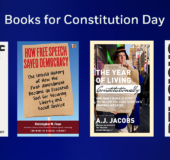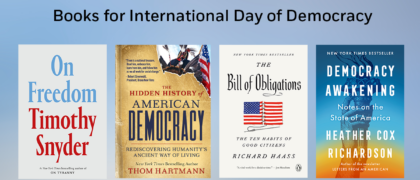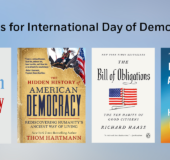Series Introduction by Corey Brettschneider
Introduction by Corey Brettschneider
A Note on the Text
RELIGIOUS FREEDOM
Part I: Constitutional Basis/Framework for Religious Freedom
“A Plea for Religious Liberty,” by Roger Williams (1644)
“A Letter Concerning Toleration,” by John Locke (1689)
“Memorial and Remonstrance against Religious Assessments,” by James Madison (1785)
The Virginia Statute for Religious Freedom, by Thomas Jefferson (1786)
First Amendment from the United States Constitution (1791)
Part II: Church and State
“Letter to Touro Synagogue,” by George Washington (1790)
“Letter to the Danbury Baptists,” by Thomas Jefferson (1801)
“Veto Message on Incorporating the Alexandria Protestant Episcopal Church,” by James Madison (1811)
“Veto Message on Act of Relief for the Baptist Church,” by James Madison (1811)
Lemon v. Kurtzman (1971)
Lynch v. Donnelly (1983)
County of Allegheny v. ACLU, Greater Pittsburgh Chapter (1989)
Town of Greece v. Galloway (2013)
American Legion v. American Humanist Association (2019)
Part III: The Right to Practice Religion
Sherbert v. Verner (1963)
Employment Division v. Smith (1990)
Church of the Lukumi Babalu Aye, Inc. v. City of Hialeah (1993)
Burwell v. Hobby Lobby Stores (2014)
Holt v. Hobbs (2015)
Part IV: Religious Freedom and Discrimination
“Islam Is Peace,” by President George W. Bush (2001)
“A More Perfect Union,” by President Barack Obama (2008)
“Executive Order Protecting the Nation from Foreign Terrorist Entry into the United States,” by President Donald J. Trump (2017)
Brief of Constitutional Law Scholars as Amicus Curiae in Trump v. Hawaii (2017)
Dissenting Opinion in Trump v. Hawaii by Justice Sonia Sotomayor (2017)
Masterpiece Cakeshop, Ltd. v. Colorado Civil Rights Commission (2018)
Acknowledgments
Unabridged Source Materials

